News
Against the Tropes: Five Black Women in Horror Discuss Racism, Sexism, and More
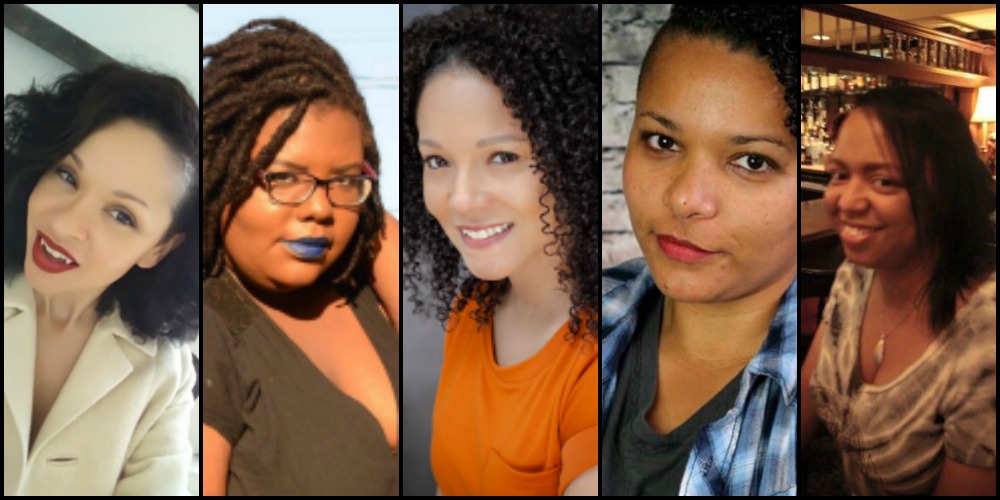
Some of you may have recently read about Rachel True and her blatant omission from convention reunions for The Craft. The singular black actress in the film has been excluded from events since the film’s release, including an MTV awards show in which her three white co-stars were asked to present an award while she sat, watching from the audience.
Public response was immediate and divided. While some lauded True for speaking up, others called her out implying that maybe she just didn’t have the drawing power the other three had for conventions and other appearances.
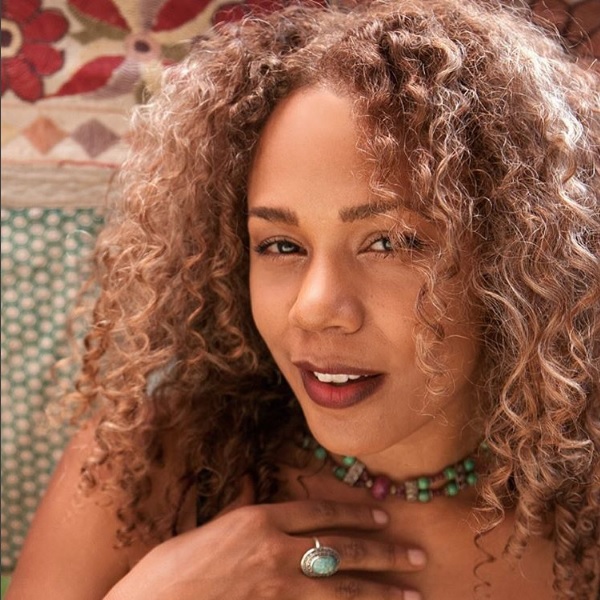
Anyone who knows my work will realize that this immediately sounded alarm bells in my head, and I wanted to write about the actress’s exclusion, and the presence of racism in the horror business both in front of and behind the camera.
There was only one problem, really. I’m a white guy, and while I am also gay and understand marginalization on that front, I’m also aware that the “white” part of my description comes with certain privileges that others do not share.
In order to write about the realities of racism and sexism in the film industry, I needed those who had experienced it for themselves first hand.
As it happens, February is both Black History Month in the States and Women in Horror Month, and I saw this as an opportunity to combine both of these celebrations to discuss this serious matter.
I sent messages to three indie filmmakers I knew in particular who quickly added two more names to the list and last Sunday, the five of them sat down with me via phone to discuss issues that, despite what some may tell you, have not improved nearly enough in the U.S. especially.
Over the following hour I sat in awe as these phenomenal women took me into their confidence and related stories to me and each other, comparing experiences within the business of horror film-making.
We began our discussion with Rachel True’s situation, and it quickly became clear not only what the actress meant to these women, but also how her treatment echoed their own experiences.
“What has been going on with Rachel has really resonated with me,” Dallas-based writer/director/actress Tiffany Warren began. “I’ve struggled so much with finding roles that I finally broke down and asked a casting director here in Texas why. Is it something I’ve done wrong? And I’ve actually gotten feedback that they just don’t know what to do with me because I either don’t look ‘black enough’ or I’m too ethnically ambiguous.”
Not black enough? What does that even mean? I immediately thought of the Ruby Rose/Batwoman situation where toxic fans implied she wasn’t lesbian enough to play the role, and made a mental note to return to the subject.
“I think what she [Rachel True] has experienced is valid, but I don’t know if it’s intentional racism,” Warren continued. “One of the things I have noticed is that when she talks about her story, people will say things like, ‘There’s just not a demand for black people in horror’ or ‘There’s just not a lot of fans who are black in horror.'”
“Okay, that’s a straight lie,” interjected award-winning screenwriter and director Lucy Cruell. “I’m going to say that right quick. That’s an absolute lie.”
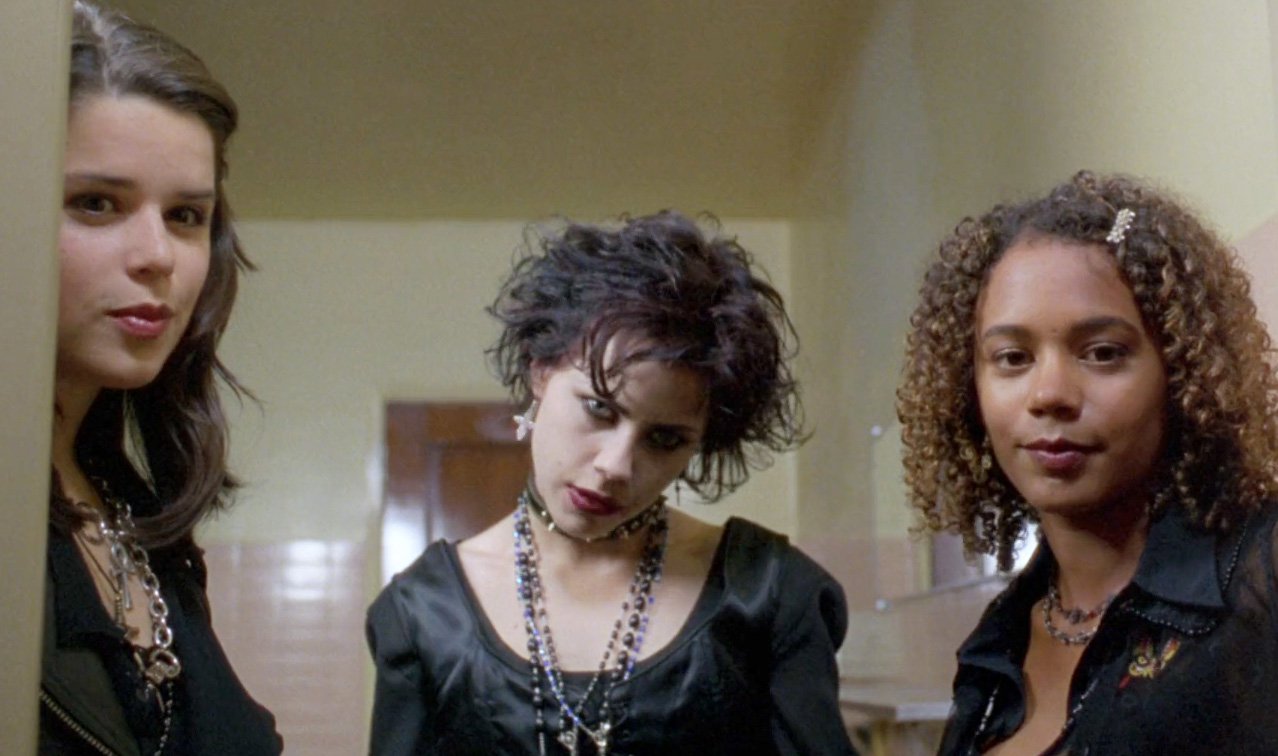
“It’s just racism,” San Francisco based writer and director Comika Hartford continued. “It’s more than just individual people making racist decisions. It’s because we live in a racist nation built on genocide, slavery, and murder. What I’ve found is that things are not getting better, and I’ve found that these people have set themselves up as the gatekeepers of ‘blackness.’ It’s about dividing who is ‘acceptable black’ from who is not.”
“We’ve seen the backlash she’s received from promoters and convention planners who want to spin her response,” added Drexel University alum and award-winning screenwriter Chris Courtney Martin. “They say, ‘Oh we were going to call you, but you just screwed up.'”
“That’s gaslighting because she called them out.” Hartford said.
Gaslighting refers to manipulation by sewing seeds of doubt in a person’s sanity or reliability. The terms comes from the 1944 George Cukor film, Gaslight, in which Charles Boyer attempt to drive Ingrid Berman insane.
“Her representation had already reached out and were told they weren’t interested,” Warren pointed out.
“So now, they sit and spin the ‘angry black woman’ narrative and make it seem like she was being aggressive and belligerent,” Martin continued, “and they don’t want to work with her when we already know it came down to racism.”
“If you make a peep, you get that angry black woman stereotype,” Cruell said. “If you complain or question even in the nicest possible terms, that stereotype pops up faster than you can get to the question mark.”
Cruell went on to relay her own experiences growing up in a small town where everyone knew everyone, and how it created a sort of “racial unawareness” of what was going on in the world around her.
When, after attending Harvard Law School, she decided to pursue screenwriting instead, the systemic racism and sexism she met was almost baffling, but that people like True speaking up offers validation to her own experiences.
“It took me a while to figure out when I was first starting out,” she explained. “I kept getting awards and winning fellowships and then I’d meet some guy who won third place in one contest and he already had an agent and a manager. It just kept happening and you get to the point where you’re just confused and you don’t know where to turn and you need to know if this is happening to other people.”
She went on to describe the situation as something akin to the old Twilight Zone episode “Five Characters in Search of an Exit” saying that they’re all looking for the door but only the [white] men in charge can present it, and it doesn’t appear that they’re ready.
For those who think these women might be exaggerating, I would point out to you that while the number of men of color directing big screen releases has increased over the last couple of years, the number for women of color is still abysmally low.
In fact, according to Variety, when reporting on the top 100 films for each of the last 12 years, they pointed out that out of 1200 titles, there were only five black women directors at the helm and only three Asian women and one Latina.
It’s downright maddening when one considers the perspectives we’re missing by not including these voices.
But let’s get back to that question of what it means to “not be black enough.”
“My question for that is always ‘What’s your interpretation of black?'” Georgia-based filmmaker and actress Melissa Kunnap said. “Their answer is usually something very stereotypical and I’m going to say, ‘So are you the benchmark for a white person?’ When they say that, no, white people come with all kinds of backgrounds and education levels I tell them so do we. Your idea of what a black person is, that’s just a stereotype and that is not who we are in the world.”
“White people think they are in charge of policing blackness,” Hartford added. “There’s also the issue of enforced colorism in the U.S. That’s a big part of the problem and its definitely a European disease that affects other cultures. When you’re dealing with colorism, you’re dealing with the after-effects of colonialism.”
For those unaware, “colorism” refers to a stratification based on skin-tone where certain qualities, characteristics, advantages, and disadvantages, are ascribed to the varying shades of lightness and darkness of a person’s skin color.
“I don’t think they realize how dehumanizing it is,” Cruell said. “It’s almost like they’re separating and deciding what it is to be human. They can be anything from a country and western singer to a headbanger, but you’re only allowed to be this one thing. We’re limited by the boundaries that one race has laid out for another. It’s annoying and limiting.”
“Every black person everywhere has to represent every black person everywhere,” Hartford added “but white people are ‘normal’ and get to be individuals.”
Continue to the next page for more!
'Civil War' Review: Is It Worth Watching?
Follow our new YouTube channel "Mysteries and Movies" here.
Movies
‘Invisible Man 2’ Is “Closer Than Its Ever Been” to Happening

Elisabeth Moss in a very well-thought-out statement said in an interview for Happy Sad Confused that even though there have been some logistical issues for doing Invisible Man 2 there is hope on the horizon.
Podcast host Josh Horowitz asked about the follow-up and if Moss and director Leigh Whannell were any closer to cracking a solution to getting it made. “We are closer than we have ever been to cracking it,” said Moss with a huge grin. You can see her reaction at the 35:52 mark in the below video.
Whannell is currently in New Zealand filming another monster movie for Universal, Wolf Man, which might be the spark that ignites Universal’s troubled Dark Universe concept which hasn’t gained any momentum since Tom Cruise’s failed attempt at resurrecting The Mummy.
Also, in the podcast video, Moss says she is not in the Wolf Man film so any speculation that it’s a crossover project is left in the air.
Meanwhile, Universal Studios is in the middle of constructing a year-round haunt house in Las Vegas which will showcase some of their classic cinematic monsters. Depending on attendance, this could be the boost the studio needs to get audiences interested in their creature IPs once more and to get more films made based on them.
The Las Vegas project is set to open in 2025, coinciding with their new proper theme park in Orlando called Epic Universe.
'Civil War' Review: Is It Worth Watching?
Follow our new YouTube channel "Mysteries and Movies" here.
News
Jake Gyllenhaal’s Thriller ‘Presumed Innocent’ Series Gets Early Release Date
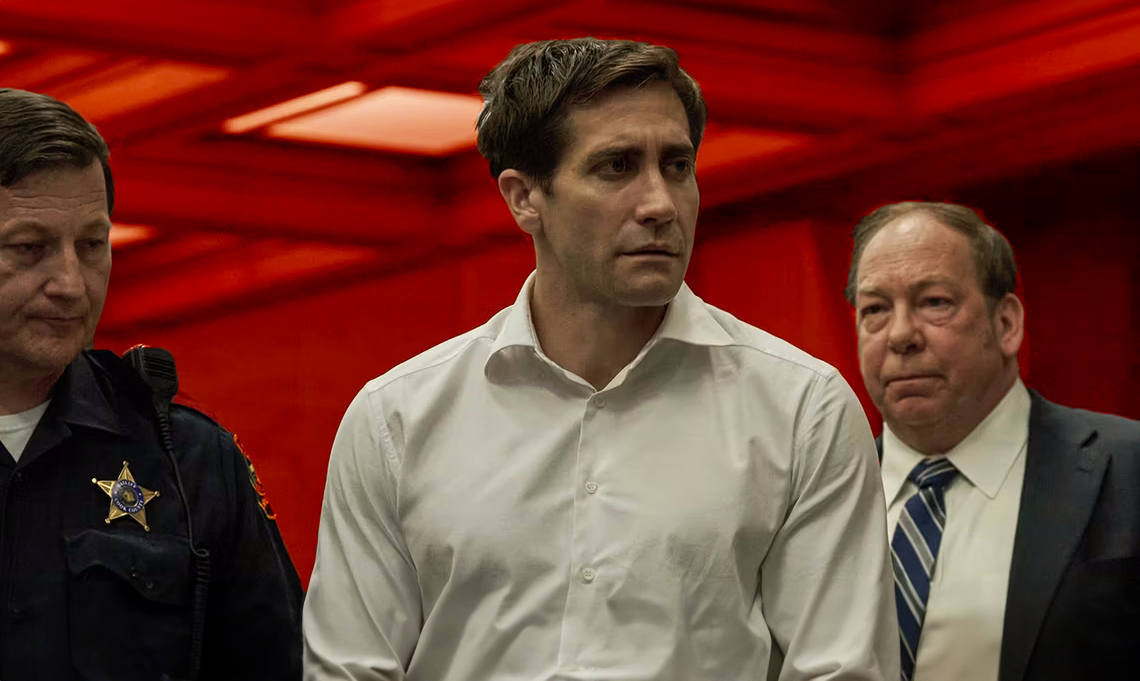
Jake Gyllenhaal’s limited series Presumed Innocent is dropping on AppleTV+ on June 12 instead of June 14 as originally planned. The star, whose Road House reboot has brought mixed reviews on Amazon Prime, is embracing the small screen for the first time since his appearance on Homicide: Life on the Street in 1994.
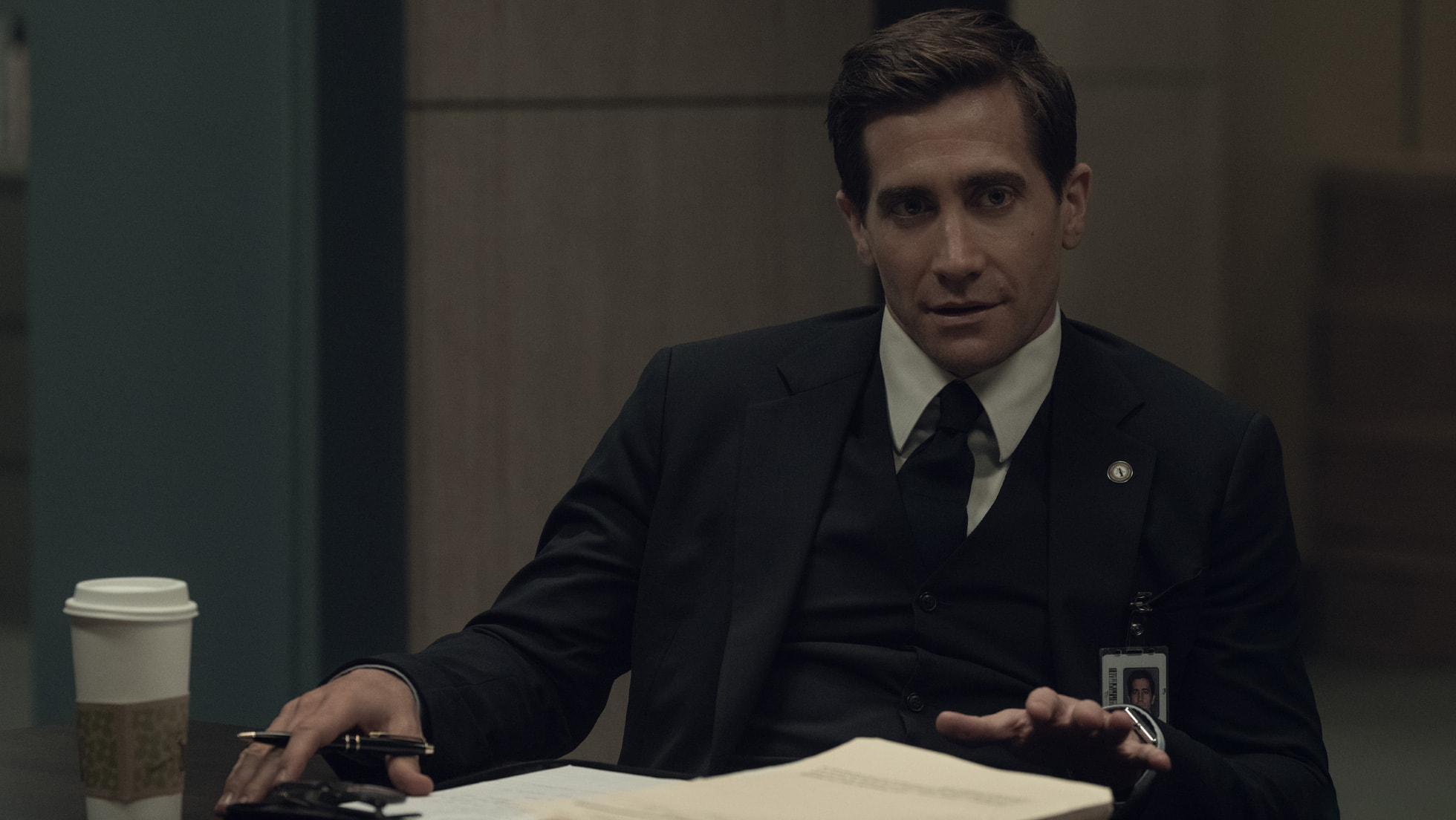
Presumed Innocent is being produced by David E. Kelley, J.J. Abrams’ Bad Robot, and Warner Bros. It is an adaptation of Scott Turow’s 1990 film in which Harrison Ford plays a lawyer doing double duty as an investigator looking for the murderer of his colleague.
These types of sexy thrillers were popular in the ’90s and usually contained twist endings. Here’s the trailer for the original:
According to Deadline, Presumed Innocent doesn’t stray far from the source material: “…the Presumed Innocent series will explore obsession, sex, politics and the power and limits of love as the accused fights to hold his family and marriage together.”
Up next for Gyllenhaal is the Guy Ritchie action movie titled In the Grey scheduled for release in January 2025.
Presumed Innocent is an eight-episode limited series set to stream on AppleTV+ starting June 12.
'Civil War' Review: Is It Worth Watching?
Follow our new YouTube channel "Mysteries and Movies" here.
Movies
Trailer for ‘The Exorcism’ Has Russell Crowe Possessed
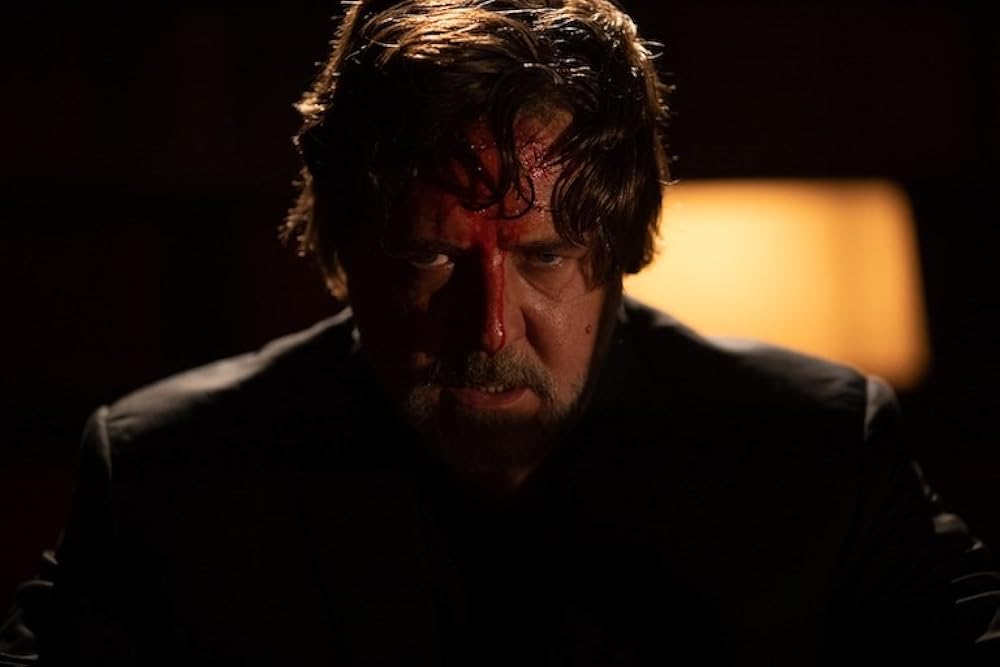
The latest exorcism movie is about to drop this summer. It’s aptly titled The Exorcism and it stars Academy Award winner turned B-movie savant Russell Crowe. The trailer dropped today and by the looks of it, we are getting a possession movie that takes place on a movie set.
Just like this year’s recent demon-in-media-space film Late Night With the Devil, The Exorcism happens during a production. Although the former takes place on a live network talk show, the latter is on an active sound stage. Hopefully, it won’t be entirely serious and we’ll get some meta chuckles out of it.
The film will open in theaters on June 7, but since Shudder also acquired it, it probably won’t be long after that until it finds a home on the streaming service.
Crowe plays, “Anthony Miller, a troubled actor who begins to unravel while shooting a supernatural horror film. His estranged daughter, Lee (Ryan Simpkins), wonders if he’s slipping back into his past addictions or if there’s something more sinister at play. The film also stars Sam Worthington, Chloe Bailey, Adam Goldberg and David Hyde Pierce.”
Crowe did see some success in last year’s The Pope’s Exorcist mostly because his character was so over-the-top and infused with such comical hubris it bordered on parody. We will see if that is the route actor-turned-director Joshua John Miller takes with The Exorcism.
'Civil War' Review: Is It Worth Watching?
Follow our new YouTube channel "Mysteries and Movies" here.
-
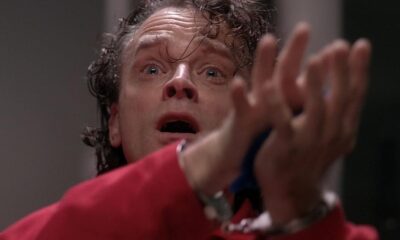
 News7 days ago
News7 days agoBrad Dourif Says He’s Retiring Except For One Important Role
-
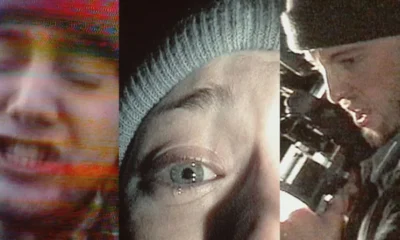
 News5 days ago
News5 days agoOriginal Blair Witch Cast Ask Lionsgate for Retroactive Residuals in Light of New Film
-
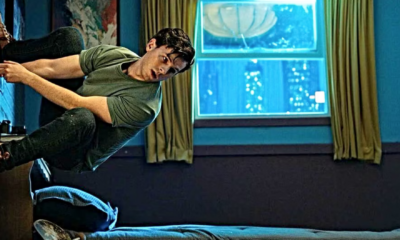
 Movies6 days ago
Movies6 days agoSpider-Man With a Cronenberg Twist in This Fan-Made Short
-
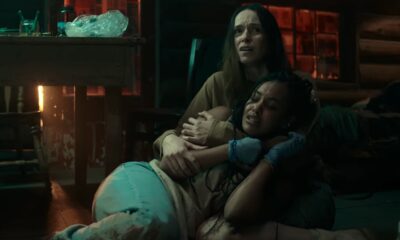
 Movies7 days ago
Movies7 days agoCannabis-Themed Horror Movie ‘Trim Season’ Official Trailer
-
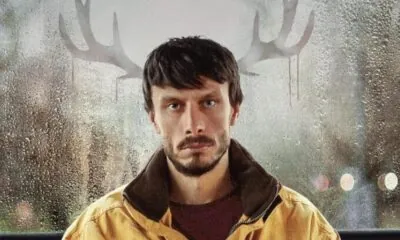
 News3 days ago
News3 days agoPerhaps the Scariest, Most Disturbing Series of The Year
-
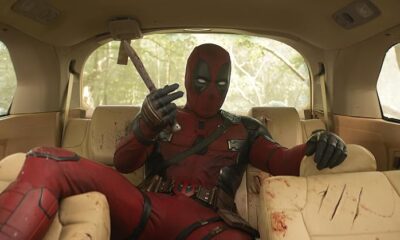
 Movies4 days ago
Movies4 days agoNew F-Bomb Laden ‘Deadpool & Wolverine’ Trailer: Bloody Buddy Movie
-
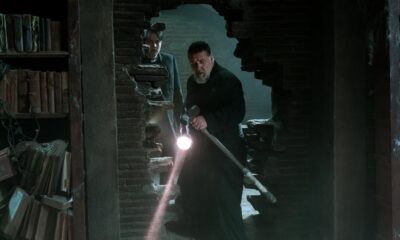
 News4 days ago
News4 days agoRussell Crowe To Star in Another Exorcism Movie & It’s Not a Sequel
-
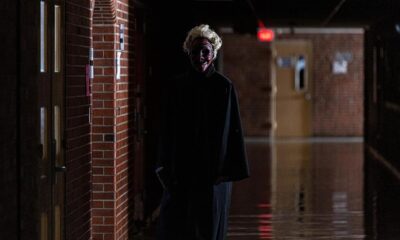
 Movies4 days ago
Movies4 days ago‘Founders Day’ Finally Getting a Digital Release
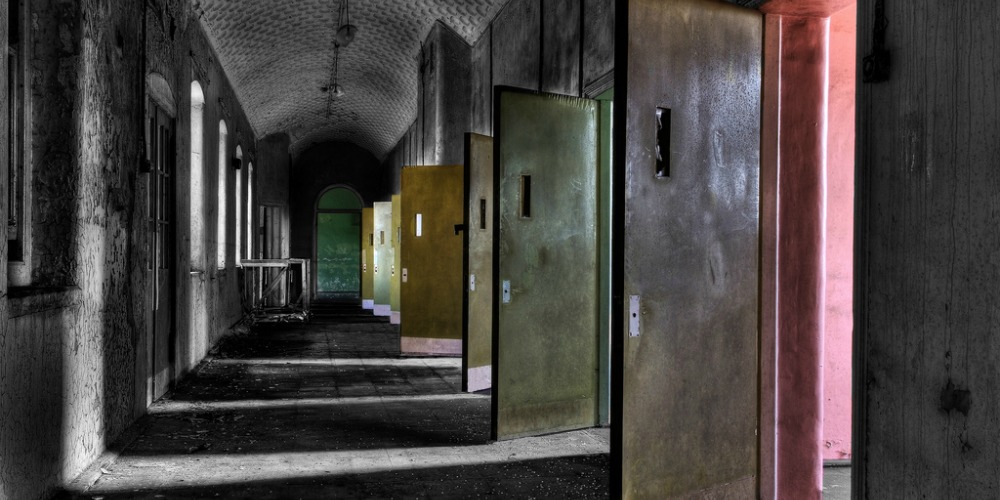
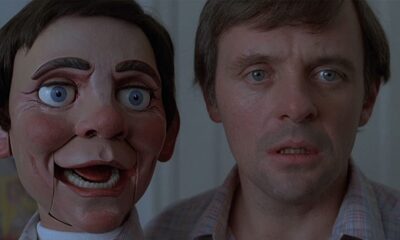

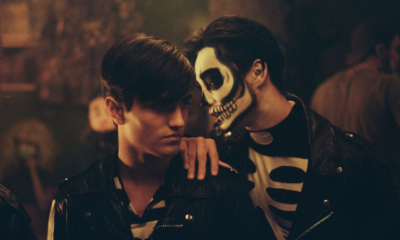


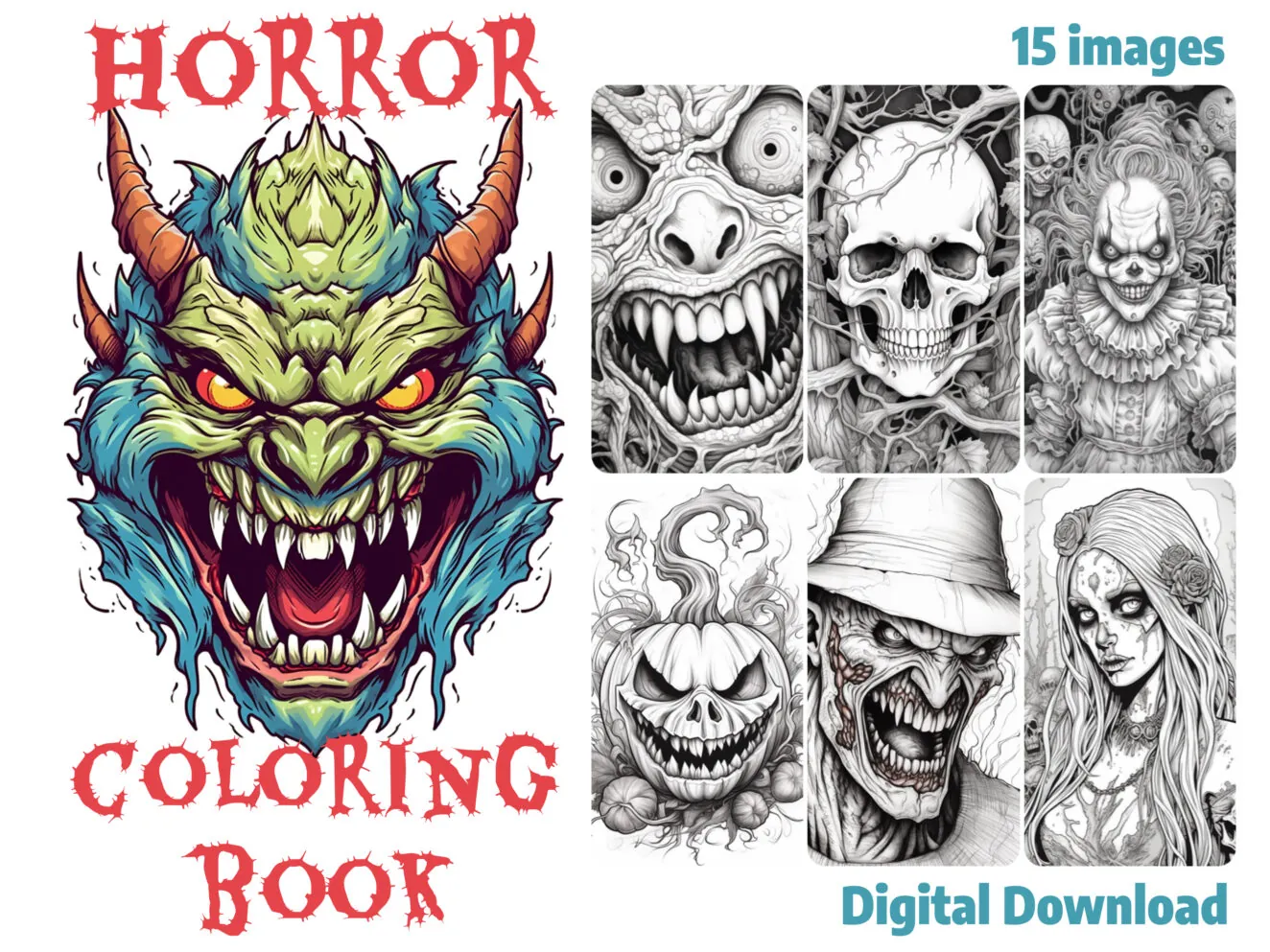
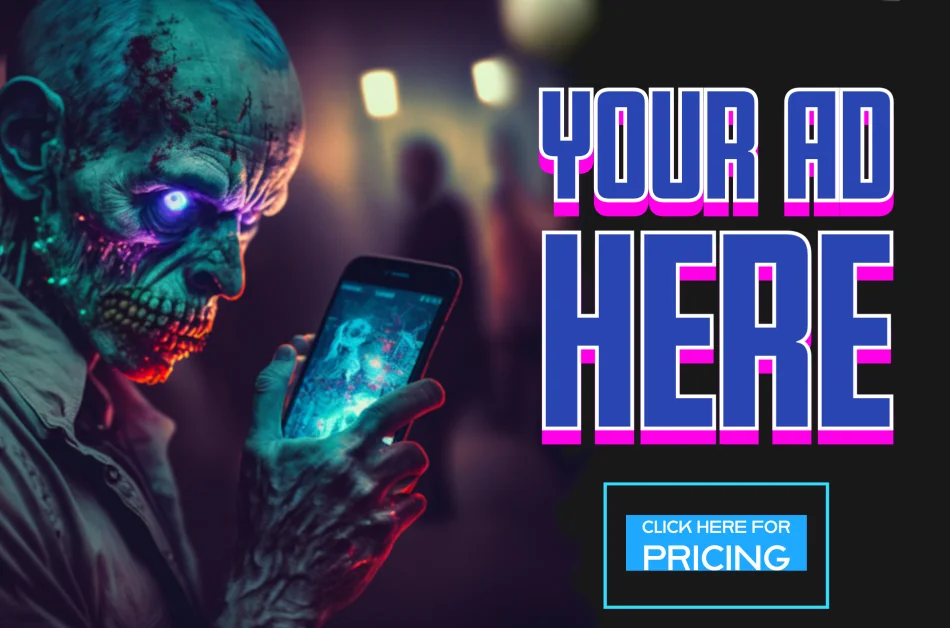




















You must be logged in to post a comment Login